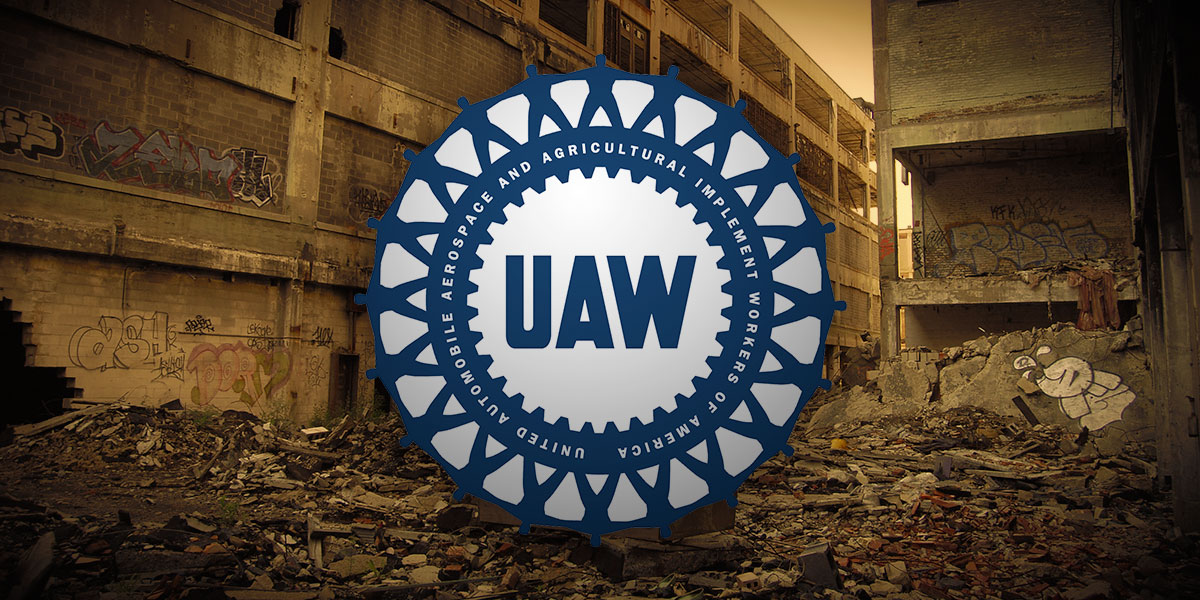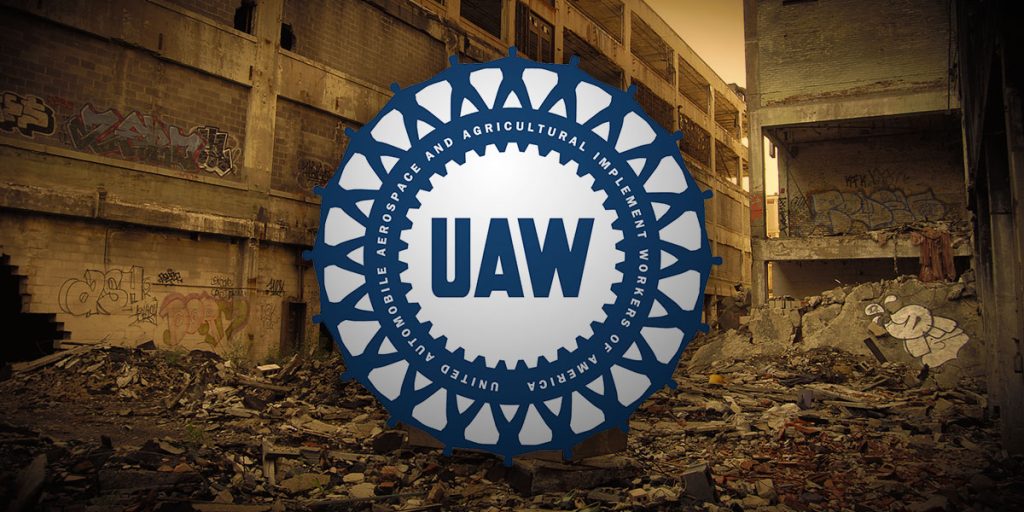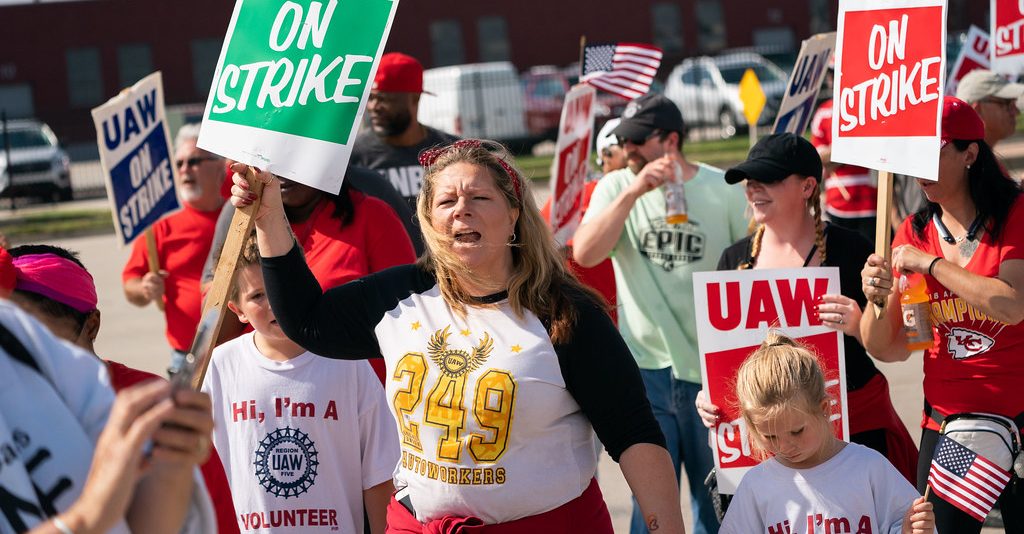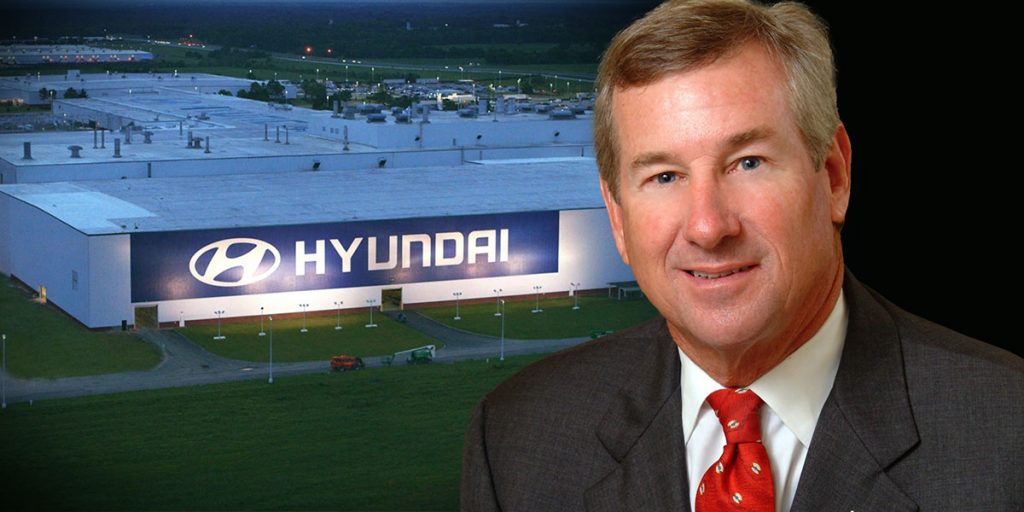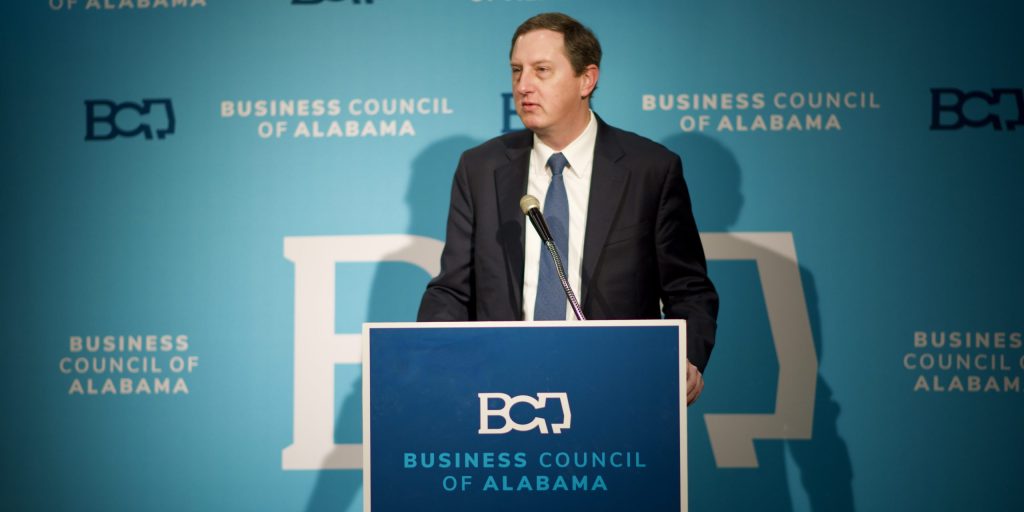With over 25 years of experience in the automotive industry, I have had the privilege of watching Alabama ascend to the forefront of manufacturing excellence. This journey from burgeoning sector to international powerhouse underscores the strategic blend of innovation, skill, and strong work ethic that defines our local ethos. Yet, this remarkable progress is now at risk. The forthcoming unionization vote at the Mercedes plant in Vance looms as a pivotal threat, poised to disrupt the thriving ecosystem we have developed.
I understand what makes our automotive industry work: innovation, skilled labor, and a pro-business climate. This delicate balance is now jeopardized by the encroachment of the United Auto Workers (UAW), an organization whose broader political agenda threatens to undermine the very fabric of our industry’s success. The UAW’s move to unionize Alabama’s Mercedes plant isn’t about improving worker conditions. It is a direct attack on Alabama’s conservative political philosophy by the left. According to the Bureau of Labor Statistics, UAW membership numbers have dropped from 672,000 in 2000 to 370,000 in 2023. This is significantly impacting their political influence, and the UAW is trying to correct this at the expense of Alabama.
In response, Alabama lawmakers have taken decisive action. Recent legislation aims to safeguard our automotive sector by withholding economic incentives from companies that sidestep a secret ballot election for union recognition. This law ensures that any decision about unionization is made by the workers themselves, free from external pressures, maintaining the integrity of their choice.
Experience shows that when employees have a direct relationship with their employers, the work environment is more positive and productive. Introducing a union into this equation often complicates these relationships, leading to inefficiencies and, ultimately, job losses—as seen with companies like Stellantis, which just this week announced they are moving jobs overseas partly due to the high costs.
The specter of the UAW gaining a foothold in Alabama carries significant economic risks. In an industry increasingly turning to technological solutions, unionization’s added costs and constraints could accelerate the shift towards automation—a move that invariably leads to job losses. Moreover, the presence of the UAW could act as a deterrent to potential investors. Companies looking to expand or establish new facilities weigh heavily on a region’s economic climate and labor relations. The introduction of the UAW might well be perceived as a signal of a less favorable business environment, stifling future investments and curtailing the job creation that has been vital to our region’s growth. This scenario is not just a hypothetical risk; it’s a tangible threat that could reshape the economic landscape of Alabama’s automotive industry.
The stakes of this unionization effort are exceptionally high. Alabama’s automotive industry, known for its flexibility and innovation, could face severe setbacks if the UAW’s influence expands. The union’s history of corruption and inefficiency fuels my concern that their presence could do more harm than good, jeopardizing not just individual jobs but the entire state’s economic welfare.
As someone who has dedicated a quarter-century to this industry, I can attest that the introduction of the UAW could significantly disrupt the competitive edge we have established. We must remember the lessons from cities like Detroit, where union dominance once promised prosperity but led to decline and despair. The potential consequences of a “yes” vote extend far beyond the confines of a single plant; they could undermine the prosperity and stability of our entire community.
The decision facing Alabama’s automotive workers is monumental. By voting against the UAW, we are not merely choosing to reject a union; we are choosing to uphold our state’s autonomy, to protect our jobs, and to ensure the future prosperity of our industry. This is about preserving a system that works—one that fosters innovation, rewards skill, and stimulates economic growth without the needless interference of a union whose priorities do not align with the needs of our workers or our state.
Let’s be clear: the unionization vote is a pivotal moment for Alabama. We must rally together, informed by the harsh realities seen in other union-dominated regions, and make a choice that will secure our legacy as a leader in automotive manufacturing. Let’s choose wisely, maintain our independence, and continue to drive forward the prosperity that has become the hallmark of Alabama’s automotive industry.
Gerrick Wilkins is an Automotive Consultant, Author, and Former Congressional Candidate




